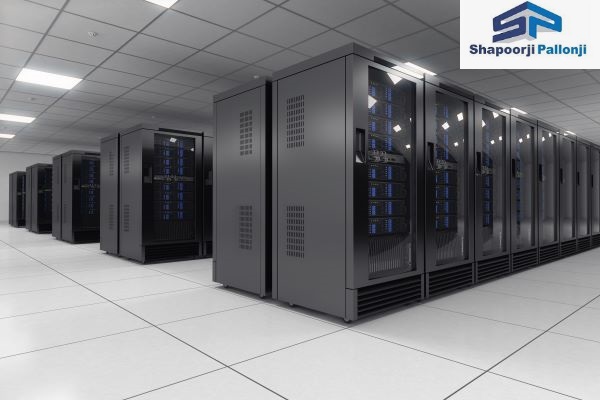Modular Data Center, Rapidly Deployable Solution for Greater Efficiency
Prefabricated modular data centers, often referred to as integrated modular solutions or containerized data centers, are designed to cater to specific business needs, providing a tailored and secure infrastructure that differs from conventional brick-and-mortar designs. Modular data center solutions integrate power, thermal management, and other essential components into a cohesive system that is pre-assembled and factory-tested off-site. This approach greatly minimizes deployment time and the amount of work needed on-site.
Our Client manages a diverse portfolio of innovative IT companies operating in 70 countries across Europe, the Middle East, and Africa. They provide a range of services including managed IT services and consultancy, system integration, cloud and data center solutions, software and hardware offerings, as well as technology distribution.

Scope of Conducting CFD analysis
The modular data center analyzed in this CFD study comprises 10 racks, collectively dissipating 65 kW of heat, and is cooled by five close control air conditioning units (CCUs). The project scope involves creating a 3D CAD model sufficient for performing CFD analysis, generating an appropriate mesh that accurately represents the relevant physical phenomena while ensuring good convergence, executing CFD analysis across various heat density combinations, and producing a comprehensive report that includes conclusions and recommendations for enhancements.
Mesh generated for CFD analysis
The CFD mesh is composed of high-quality polyhedral hex core elements, adhering to the best practices in CFD analysis. The total cell count is 4 million, with refinement applied in areas of high flow and thermal gradients.
CFD analysis results
The primary outcomes derived from the CFD model include temperature contour plots, velocity streamlines, and heat flux measurements. The CFD analysis is conducted for four distinct operating combinations of the CCU, with redundancy incorporated to simulate the most adverse thermal conditions.
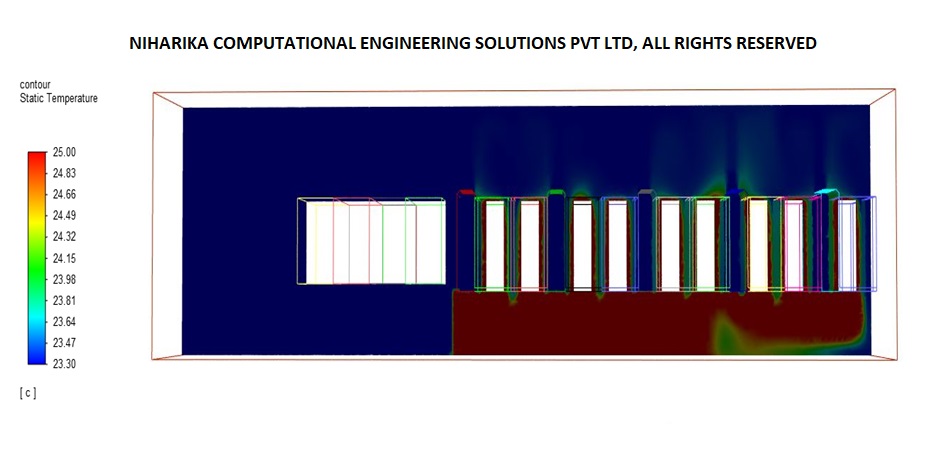
We Got More
Go through All Our Case Studies
CFD analysis for General Electric data center,Bihar,India
Computational Fluid Dynamics (CFD) analysis is extensively used in data center projects to study the flow development and temperature field and identify the thermal hot spots in the projects design stage. CFD analysis results enable the thermal designer to make well-informed decisions in the design stage and eliminate all the uncertainties that may affect the electronic equipment mounted in the racks. We carried out CFD analysis for the large data center under construction in the Bihar state of India by Shapoorji and Pallonji EPC company, one of the largest EPC Companies in India. Our CFD analysis results have enabled our customers to optimize the air-cooling system and ultimately to realize an efficient, safer, and effective data center cooling mechanism. Read More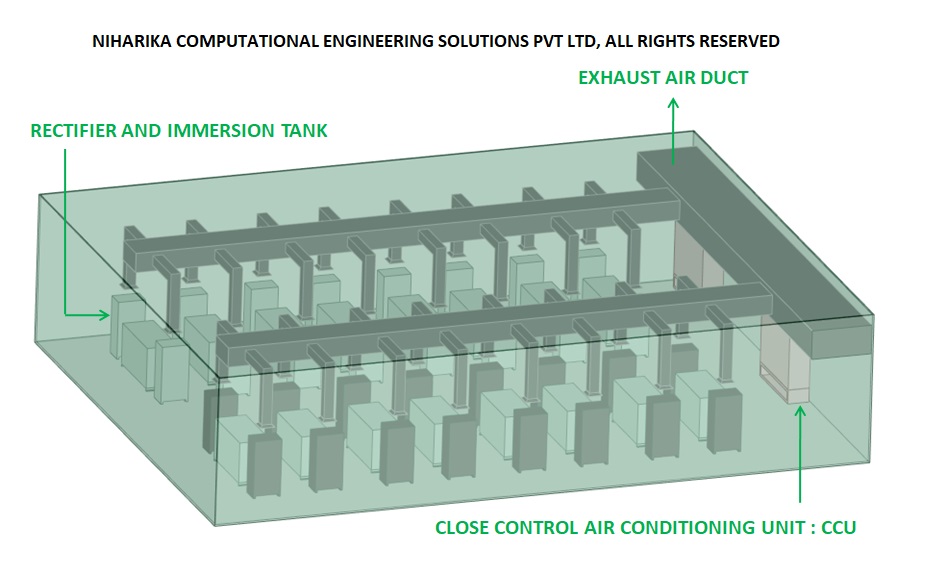
CFD analysis of Hybrid Cooled Data Center
Advanced AI and machine learning workloads are causing powerful GPUs to produce unprecedented heat levels in conventional server settings. Hybrid cooling solutions enable data center operators to manage these elevated temperatures without the need for complete retrofitting of current facilities, facilitating a gradual and cost-efficient method for incorporating liquid cooling tailored to specific high-heat applications. Read More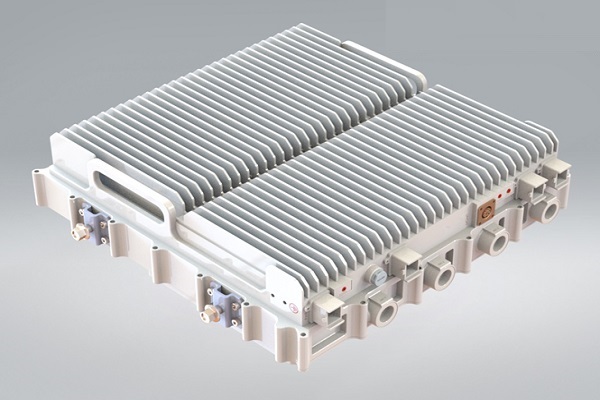
CFD analysis of Multi Band Remote Radio Unit
The advent of 5G technology has brought about unprecedented advancements in wireless communications, enabling faster speeds, lower latency, and increased capacity. These advancements are associated with higher power consumption and increased heat generation in the 5G Remote Radio units.Increasing data rates and network densification require radio units to process larger volumes of data, leading to higher power consumption and heat generation. Environmental factors such as ambient temperature, humidity, and exposure to direct sunlight also impact the thermal aspects of the radio units. Read More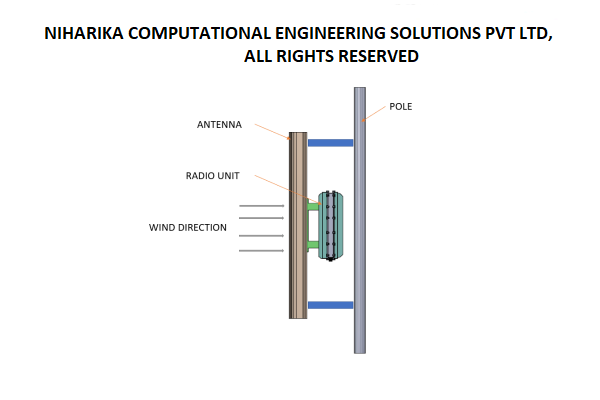
Wind Load analysis for multiband 5G Remote Radio Unit with Antenna using CFD
The seamless operation of base station antennas is of utmost importance for efficient and reliable communication networks. However, these antennas are constantly exposed to various environmental factors that can affect their performance and structural stability. Among these factors, wind load plays a significant role. Read MoreDEVELOPMENT OF COOLING SOLUTION FOR GaN RF POWER AMPLIFIER
The demand for high-power and efficient radio frequency (RF) power amplifiers has been steadily increasing across various industries, including wireless communications, radar systems, and satellite communication. GaN (Gallium Nitride) technology has emerged as a game-changer in RF power amplification due to its exceptional performance characteristics and advantages over traditional technologies. GaN technology offers higher power density, improved efficiency, and wide bandwidth capability, setting it apart from traditional technologies like GaAs (Gallium Arsenide) or SiC (Silicon Carbide). Read More

